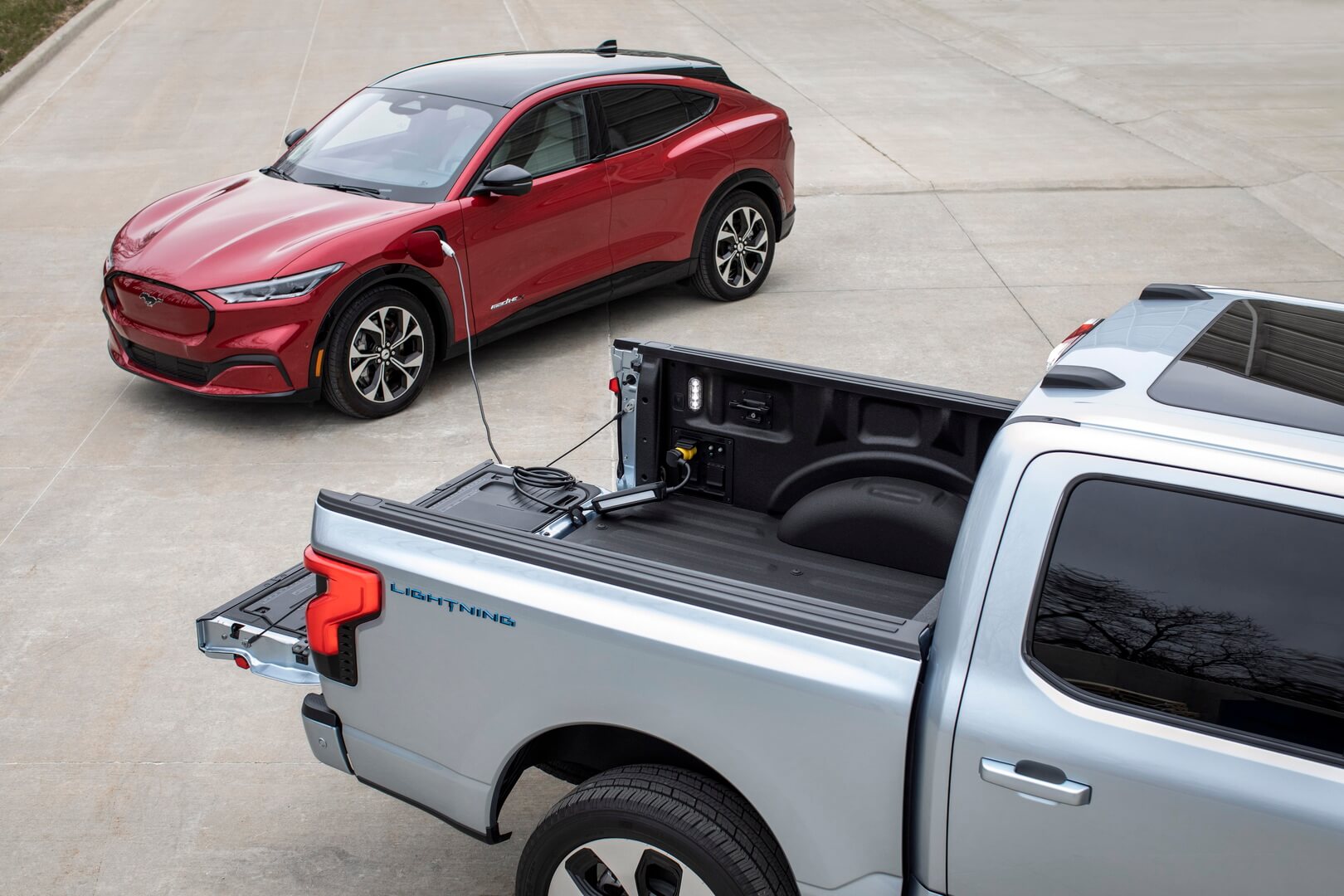
Ford says it will become the world's second largest electric vehicle manufacturer in two years
Content
Ford currently has three electric models: Mustang Mach-E, F-150 Lightning and E-Transit. However, the blue oval firm plans to compete with Tesla and try to position itself as the second-largest electric vehicle manufacturer in the United States.
That Ford is taking EVs seriously should come as no surprise given all the company's announcements over the years and the effort it put into its first production EV. But according to the report, this may just be the beginning.
Ford aims to position itself as one of the most important
It turns out that Ford not only intends to accelerate the process of electrification, but also intends to do it in a hurry. Ford boss Jim Farley said on Twitter that he expects Blue Oval to become the second-largest electric vehicle manufacturer in the United States (after Tesla) in just two years, and that's not including the Blue Oval City EV center. electric vehicles planned by Ford in Tennessee.
In some cases, Tesla currently produces about 600,000 vehicles per year, so that's a big jump from Ford's current planned production capacity of about 300,000 vehicles worldwide. This giant leap in global production will include Ford's first three large electric vehicles, the Mach-E and E-Transit, with more to follow.
Ford will seek to expand its capacity to increase production
Of course, achieving such an increase in production is not as easy as flipping a switch. The Ford Rouge Electric Vehicle Center is slated to produce the Lightning, but the facility will likely need to be physically scaled up to move production further. The Mach-E is a bit simpler and will require another change to the production schedule at the plant in Mexico where it is built.
We'll be very excited to see how this plays out, especially with GM and its planned onslaught of Ultium-powered electric vehicles. Will we start a new golden age of competition between the Big Three, as we did in the 1960s and 1970s? It's not entirely out of the question.
**********
:
